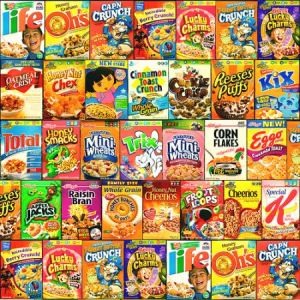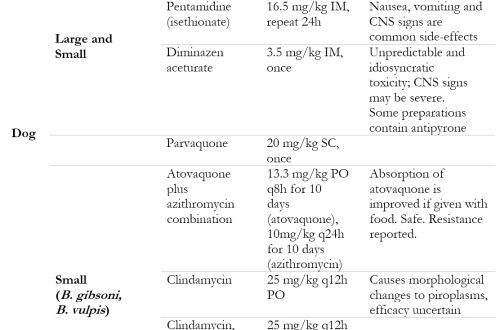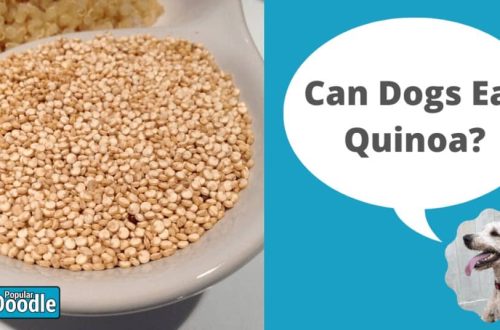
Is it possible to give cereals to a dog
Contents
Is it possible to give cereals to a dog
Cereal crops occupy an important place in the dog’s diet, although not central, but important. They are rich in carbohydrates necessary for metabolism, contain vitamins and minerals, and support the intestinal microflora. However, some of them do more harm than good. What cereals can be given to dogs, and which should not?
What grains should not be given to dogs
Experts name several cereals that have no place in the dog’s diet:
- Pearl barley. It is almost not absorbed by the dog’s digestive system and at the same time it can cause allergies.
- Millet. It is also poorly digested, because of which it can provoke intestinal volvulus in an animal.
- Manka. It has few nutrients and fiber – only carbohydrates, which are better obtained from other sources.
- Any fast food cereals. Pre-treatment reduces the content of vitamins, minerals and dietary fiber in their composition.
What grains can you feed your dog
All healthy grains for dogs are valuable in their own way and have different benefits. Therefore, it is better to combine them, and not to give preference to any one.
- Rice. It is this cereal that is mentioned most often in response to the question “What is the most useful cereal for dogs?” Rice is rich in phosphorus, potassium, iron, contains vitamin E and B vitamins. Due to the presence of complex carbohydrates, it is suitable for the diet of dogs that need to lose weight, and thanks to its absorbent properties, it helps to cope with poisoning.
- Buckwheat. Rich in magnesium, iron, vitamins B1 and PP. Hypoallergenic, helps maintain bone and circulatory health.
- Oats. It is famous for its high content of polyunsaturated fatty acids, potassium, zinc, vitamins B1 and B5. It is especially good during growth and during periods of increased physical activity, as it promotes muscle development. However, you should not give oatmeal too often and little by little: large amounts can cause allergies.
- Wheat. A source of vitamins B1, E and PP, as well as a whole selection of minerals. In addition, this cereal helps to remove toxins from the body. True, with all these advantages, it is high in calories and can lead to weight gain. Therefore, the answer to the question of whether dogs can have wheat groats: yes, but in moderation.
Why special food is better than home-cooked cereals
Grains are found in almost all dog foods, including the now popular organic and holistic products. Perhaps it makes no sense to buy them, but is it better to cook porridge yourself? Actually this is not the best idea.
The main advantage of special feeds is balance. They are developed by scientists, taking into account all the needs of the pet in micro- and macronutrients. It is also taken into account that the needs of dogs change in different periods of their life. The content of each component, including cereals, in the feed is precisely verified and scientifically substantiated. Achieving the same balance with homemade food is very difficult. It is wiser to choose the most suitable food in the catalog and provide your pet with a healthy diet for every day.
See also:
Key points about grain-free dog food
How many times a day should a dog be fed?
Is it possible to give pets fruits and berries?
Can dogs have cheese?





